Our Website Is Currently Under Maintenance
We recently experienced a security issue and are in the process of safely rebuilding the site.
Still Interested in Our Coins?
While the website is offline, we’re still open for business and happy to help with any questions about available coins, pricing, or inventory.
Call us at: 386-801-6696
If we don’t answer right away, please leave a message and we will return your call as soon as possible.
Thank you for your patience and understanding while we work to restore full service.
Atocha Coin and Coin Jewelry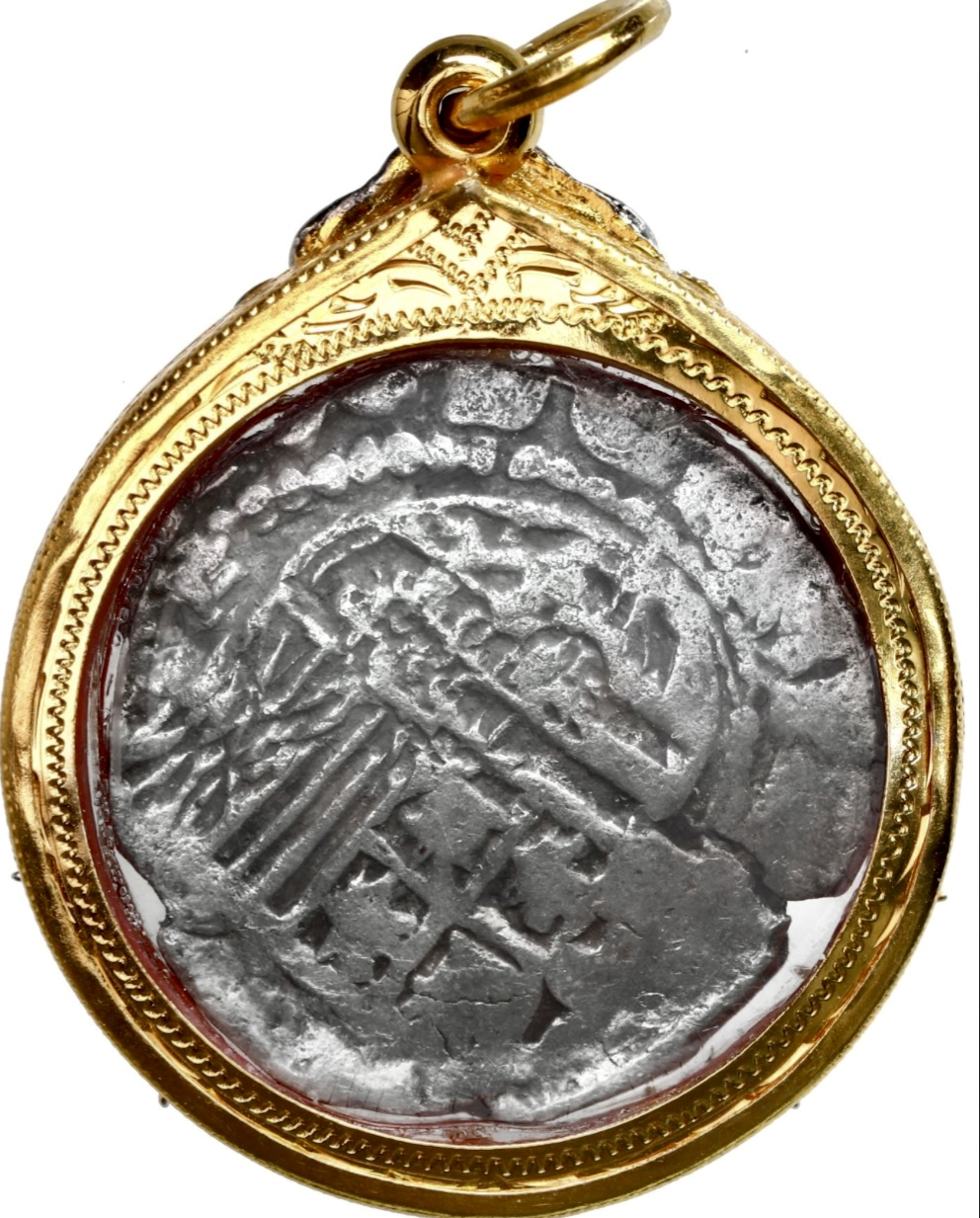 Coins and jewelry recovered from the 1622 Atocha shipwreck. |
1715 Fleet Coin and Coin Jewelry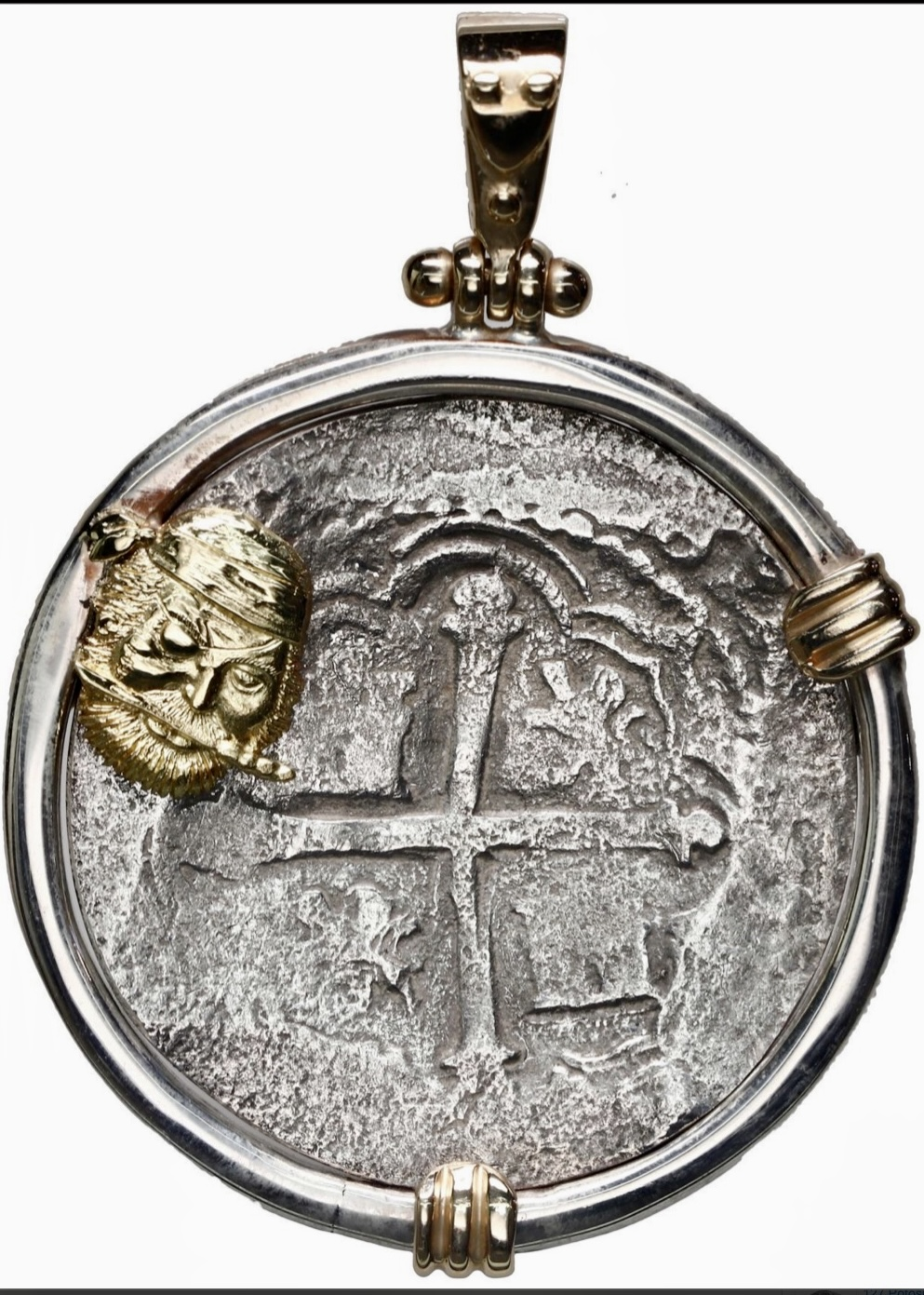 Gold and silver treasure from the 1715 Spanish Fleet wrecks off Florida. |
Other Shipwreck Coin and Coin Jewelry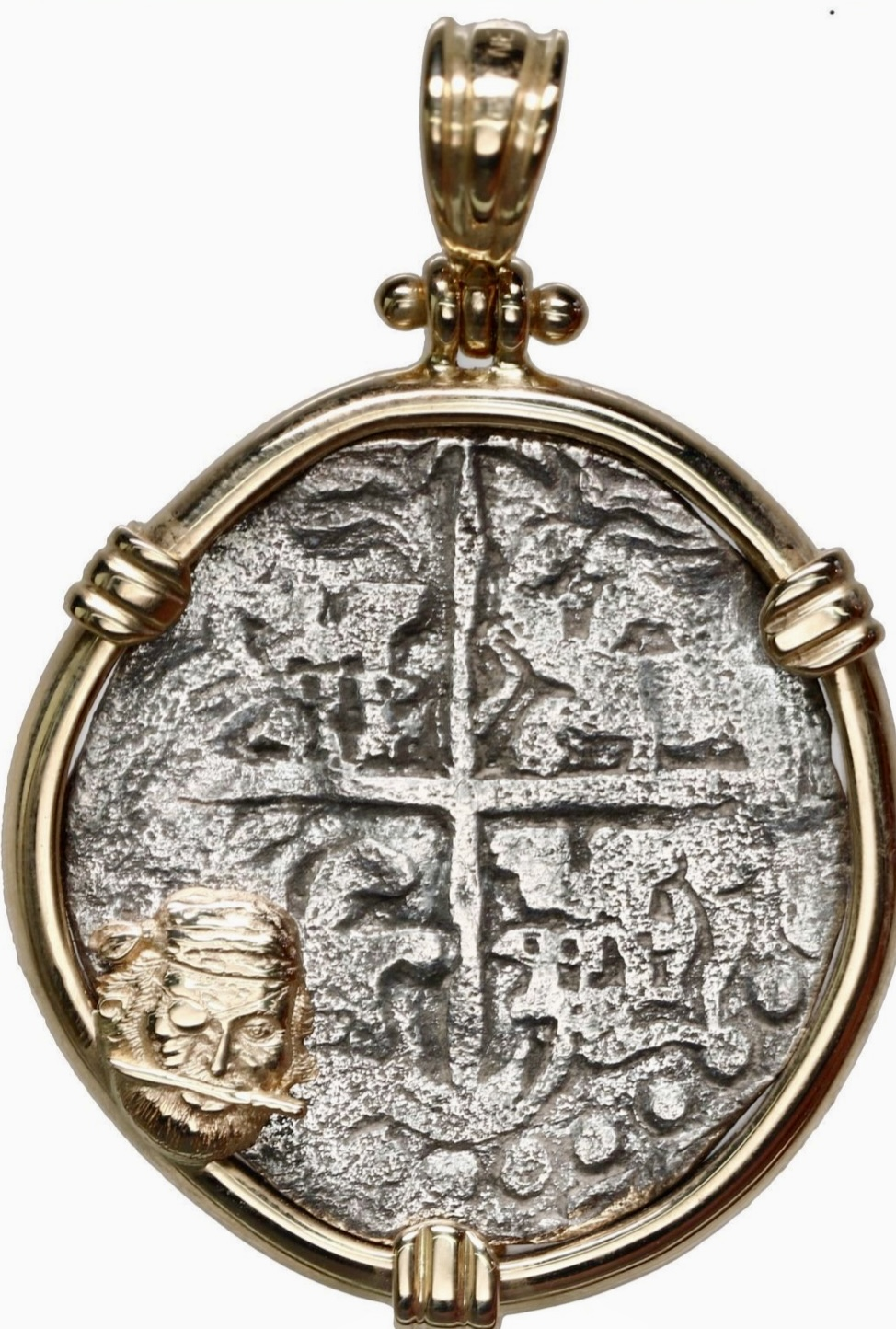 Historical coins and artifacts from various notable shipwrecks. |
Gold Coin and Coin Jewelry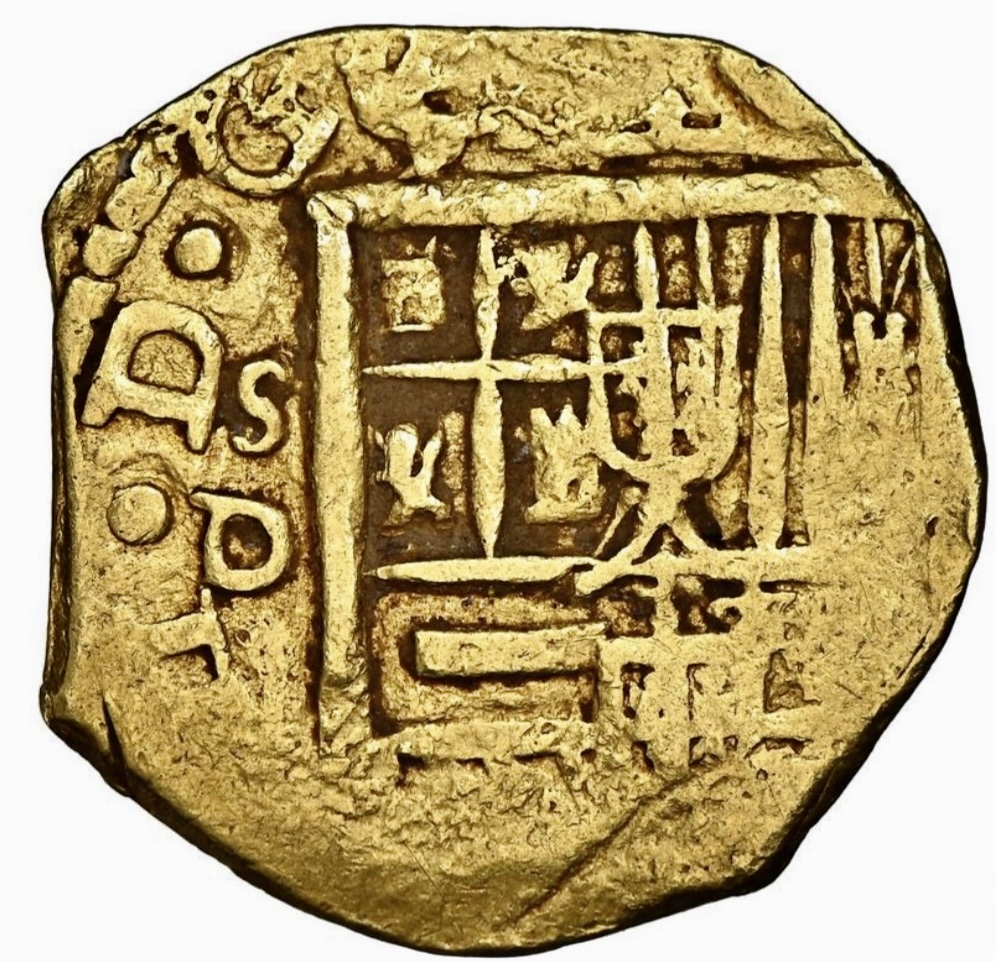 Hand-selected gold pieces and jewelry recovered from multiple wrecks. |
Silver Coin and Coin Jewelry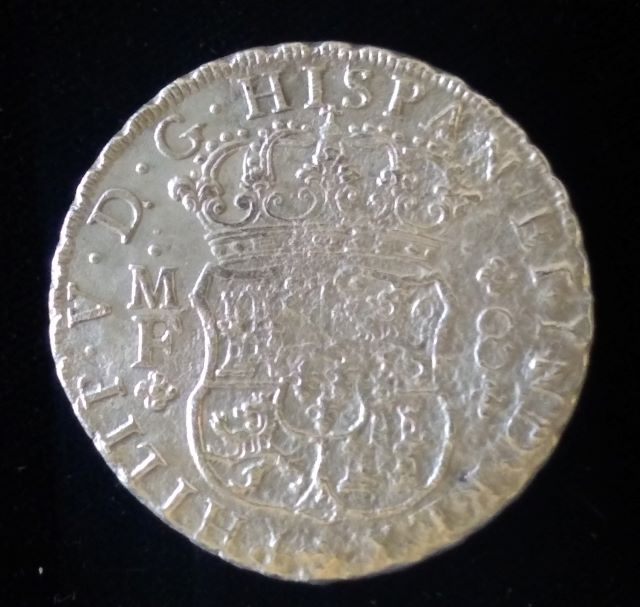 Certified silver coins and pendants sourced from shipwreck recoveries. |
